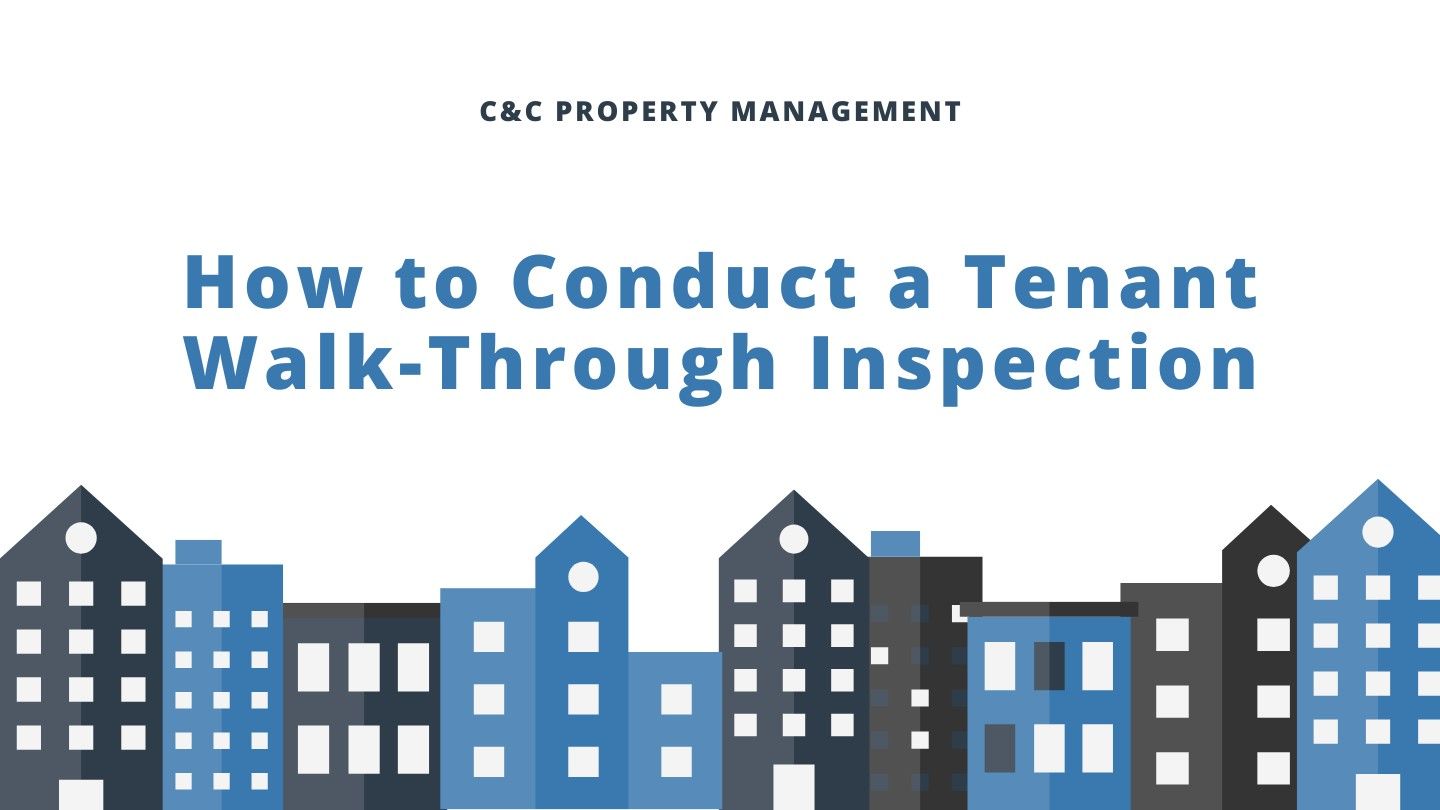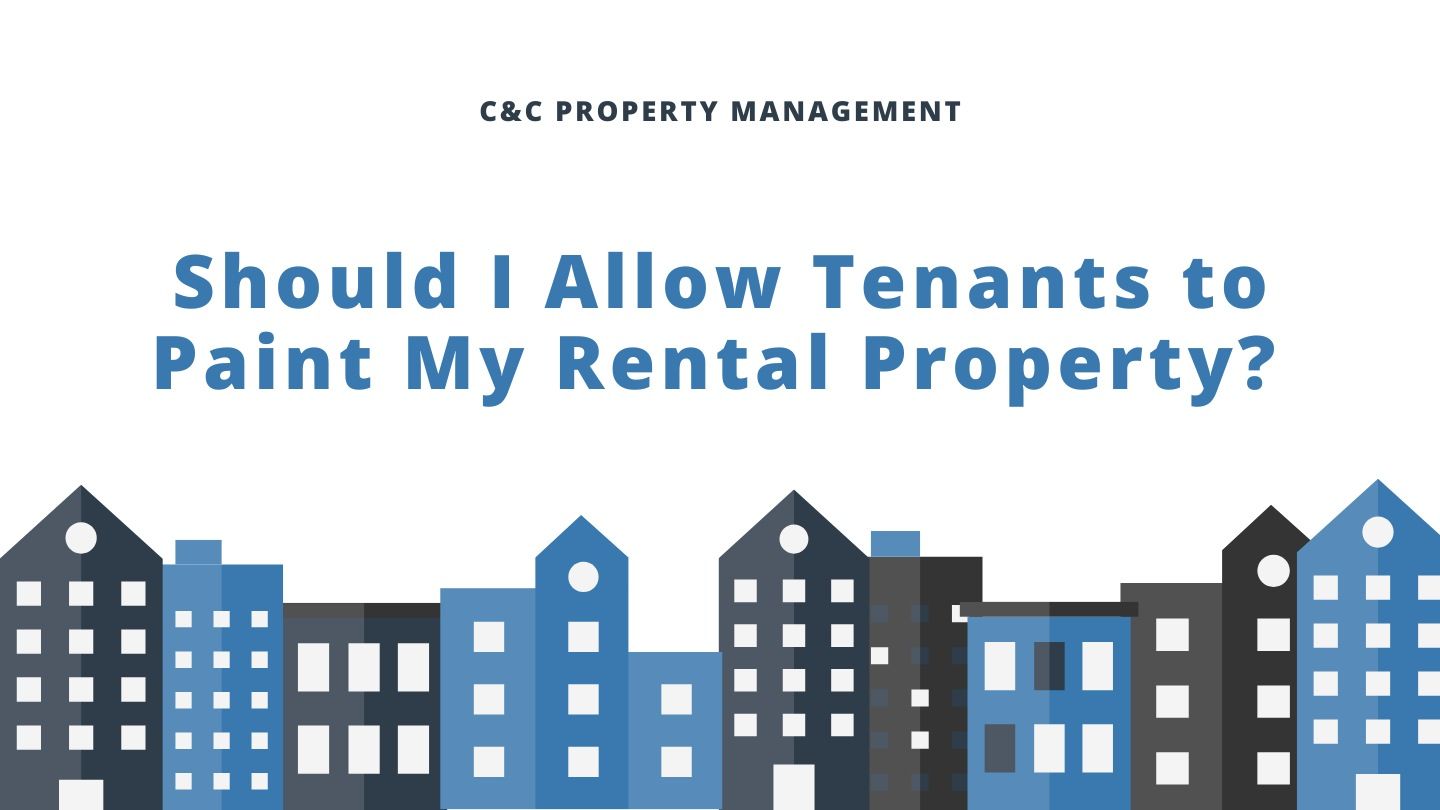Tax Season Tips for Landlords
Tax season can be stressful for landlords, especially when managing multiple properties, rental income, and deductible expenses. Staying organized and informed about tax rules is essential for minimizing tax liability and avoiding penalties.
This guide provides practical tips to help landlords navigate tax season effectively and maximize available deductions.
Understanding Rental Income and Expenses
As a landlord, you must report all rental income you receive throughout the year. This includes rent payments, late fees, and any other charges tenants pay. Security deposits are only taxable if you keep them or apply them to unpaid rent or damages.
In addition to reporting income, you can deduct many expenses related to your rental property.
Common Deductible Expenses
- Mortgage Interest: The interest paid on your mortgage can be claimed as a tax deduction.
- Property Taxes: Annual property taxes are fully deductible.
- Insurance Premiums: This includes property insurance, liability insurance, and landlord-specific policies.
- Repairs and Maintenance: Expenses for fixing or maintaining your property, such as plumbing repairs or repainting, are deductible.
- Utilities and Services: If you pay for utilities or services like landscaping, you can deduct those costs.
- Property Management Fees: Fees paid to a property management company are eligible for tax deductions.
Keeping track of these expenses is essential for claiming the correct deductions and minimizing your tax burden.

Top Tax Deductions for Landlords
Several deductions are available to landlords, and understanding them can save you significant money.
Depreciation for Rental Real Estate Property
One of the most valuable deductions for landlords is depreciation. This allows you to deduct the cost of your rental property over its useful life—27.5 years for residential properties and 39 years for commercial properties. Depreciation applies to the property itself, not the land, and can also include improvements like a new roof or HVAC system.
Insurance Premiums
You can deduct premiums for various insurance policies, including the following:
- Landlord liability insurance.
- Property insurance against damage or theft.
- Flood insurance (if applicable).
- Umbrella insurance policies that provide additional liability coverage.
Repairs vs. Improvements
It’s essential to differentiate between repairs and improvements. Repairs are deductible in the year they’re made because they restore the property to its original condition. Examples include fixing a leaky faucet or replacing broken tiles.
Improvements or renovations, on the other hand, increase the property’s value or extend its life. These must be depreciated over several years. Examples include installing a new kitchen or adding a garage.
Other Key Deductions
- Home Office Expenses: If you manage your rental property from home, you may qualify for a home office deduction. You can deduct a portion of your rent, utilities, and other costs based on the percentage of your home used for business purposes.
- Travel and Mileage: If you travel to your rental property for inspections, repairs, or tenant meetings, you can deduct travel expenses. Keep a log of your mileage and receipts for travel-related expenses.
- Professional Fees: Fees paid to attorneys, accountants, or tax professionals for rental property-related services are deductible.

Records Landlords Need During Tax Season
Proper record-keeping is the foundation of accurate tax filing. Here’s what you need to have ready:
Essential Financial Records
- Income Records: Document all rent payments, late fees, and other income sources.
- Expense Receipts: Save receipts for repairs, maintenance, utilities, and insurance premiums.
- Mortgage and Tax Statements: These show how much you paid in interest and property taxes.
Receipts and Documentation
- Repairs vs. Improvements: Keep detailed receipts and notes about any repairs or improvements. This helps categorize them correctly for tax purposes.
- Travel Expenses: Maintain a mileage log and keep receipts for travel-related costs.
- Lease Agreements: Copies of lease agreements can help verify rental income and tenant terms.
Tax Forms
- 1099 Forms: If you hire contractors for repairs or maintenance, issue a 1099 form if you pay them $600 or more throughout the year.
- W-2 Forms: If you employ staff directly, you’ll need to provide W-2 forms.
Digital vs. Physical Records
Digital record-keeping tools like QuickBooks or Rentec Direct can make organizing your documents easier. Save electronic copies of receipts and maintain backup files in cloud storage. This ensures you’re prepared for audits or errors.
Special Tax Considerations for Landlords
Not all landlords face the same tax rules. Some special considerations to keep in mind are:
Short-Term vs. Long-Term Rentals
Short-term rental income is often subject to additional taxes, such as hotel or occupancy taxes. You may also need to allocate deductions more carefully if you use the property personally.
Section 199A Deduction
Landlords may qualify for the
Qualified Business Income (QBI) deduction under Section 199A, which allows eligible business owners to deduct up to 20% of their net rental income. However, this deduction has specific requirements, such as maintaining detailed records and meeting certain income thresholds.

Capital Gains and 1031 Exchanges
Profits from selling a rental property may be subject to capital gains taxes. However, using a 1031 exchange lets you defer these taxes by reinvesting the proceeds into another like-kind property. This helps landlords preserve their investment capital.
Important Deadlines to Remember
Landlords must be aware of key tax deadlines to avoid penalties.
- Federal Tax Deadline: April 15, unless extended due to holidays or other circumstances.
- Quarterly Estimated Taxes: If you’re self-employed, you must pay quarterly taxes on rental income.
- Filing Extensions: If needed, file for an extension before the regular deadline.
Bottom Line
Tax season doesn’t have to be stressful. Stay organized, maximize deductions, and keep accurate records to reduce liability and avoid mistakes. Start early, and consult a tax professional if needed.
For landlords who want to simplify property management and focus on growing their rental portfolio,
C&C Property Management is here to help. From handling day-to-day operations to keeping track of essential records, we can make your life easier.
Contact C&C Property Management today to learn how our services can save you time and effort, not just during tax season, but all year round!








